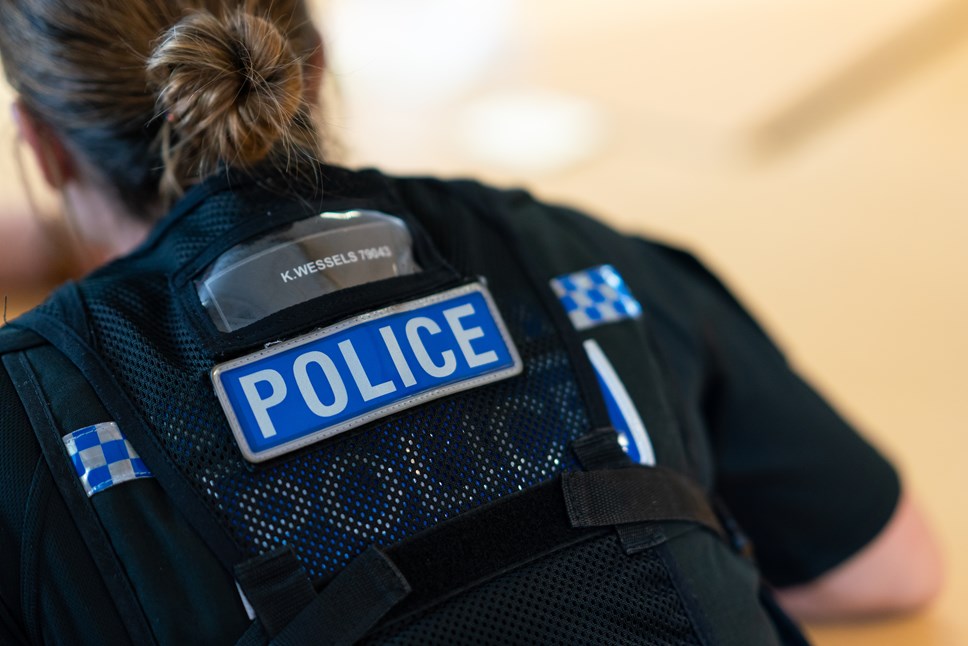
Response to IOPC report following Operation Kentia
College of Policing repsonse to an IOPC report concerning matters related to the Metropolitan Police Service’s Operation Midland and Operation Vincente
David Tucker from the College of Policing, said: “We will look carefully at today’s report and assess where changes should be made to ensure there are consistently high standards across all forces when applications are made for search warrants.
“The IOPC has raised an important issue to balance the culture of belief when an allegation is made to police. The Home Office’s National Crime Recording Standard says the recording of allegations of crime should be victim focused and that it is the intention that victims are believed. This applies at the point of recording an allegation and should be followed by an impartial investigation to establish the truth.
“Following the Henriques Review and an inspection by Her Majesty's Inspectorate of Constabulary and Fire & Rescue Services, the College examined the evidence on belief which demonstrated a key reason for victims not disclosing abuse was fear that they would not be believed.
“We engaged extensively across policing and recommended that the National Crime Recording Standard reflects a balance of believing an allegation - at the point of - recording followed by an impartial investigation which is led by the evidence, whether that leads towards or away from the allegation.”
Timeline:
- The intention that those reporting crime are believed has been included in the Home Office’s National Crime Recording Standard (NCRS) since 2002 and following a HMICFRS inspection, the wording was amended to provide further emphasis in 2014, the same year as Operation Midland.
- The College of Policing has engaged extensively across policing on this issue, including discussions with chief constables, before writing to the Home Office to request the change earlier this month.
A range of evidence exists around the importance of the perception victims of being believed, including:
Rape Crisis England and Wales 'The vast majority of survivors choose not to report to the police. One significant reason for this is the fear of not being believed.'
Crime Survey for England and Wales People who reported abuse to someone else, but not the police, were asked for their reasons. One in five (21%) cited not being believed, while others said they didn't think police could help (26%) and they didn't think police would do anything about it (15%). Office for National Statistics
National Society for the Prevention of Cruelty to Children (NSPCC) NSPCC carried out a series of focus groups with victims in relation to Jimmy Savile. A key reason given for not disclosing abuse was an overwhelming belief that if the abuse had been reported, victims would not have been believed.
Complaints of rape and the criminal justice system: Fresh evidence on the attrition problem in England and Wales. 'The barriers to reporting a rape and reasons to withdraw are numerous. One frequently cited reason is a lack of trust in the police and criminal justice system, a fear of not being believed and taken seriously, and feeling 'raped all over again' by the way the police question both the victim and their account. Hohl, K. & Stanko, E. (2015)
US National Violence Against Women Survey (NVAWS) It found police-related factors were mentioned by around a quarter of victims in relation to not reporting a sexual assault: 'police could not do anything' (12.6%), and 'police would not believe me or would blame me' (11.9%).
Rape: Challenging Contemporary Thinking Qualitative research with victims of rape, across multiple jurisdictions including the UK, US and Australia/New Zealand, suggests consistently that fear of not being believed is a barrier to reporting. Brown and Horvath (2013) in Horvath and Brown eds Rape: Challenging Contemporary Thinking
